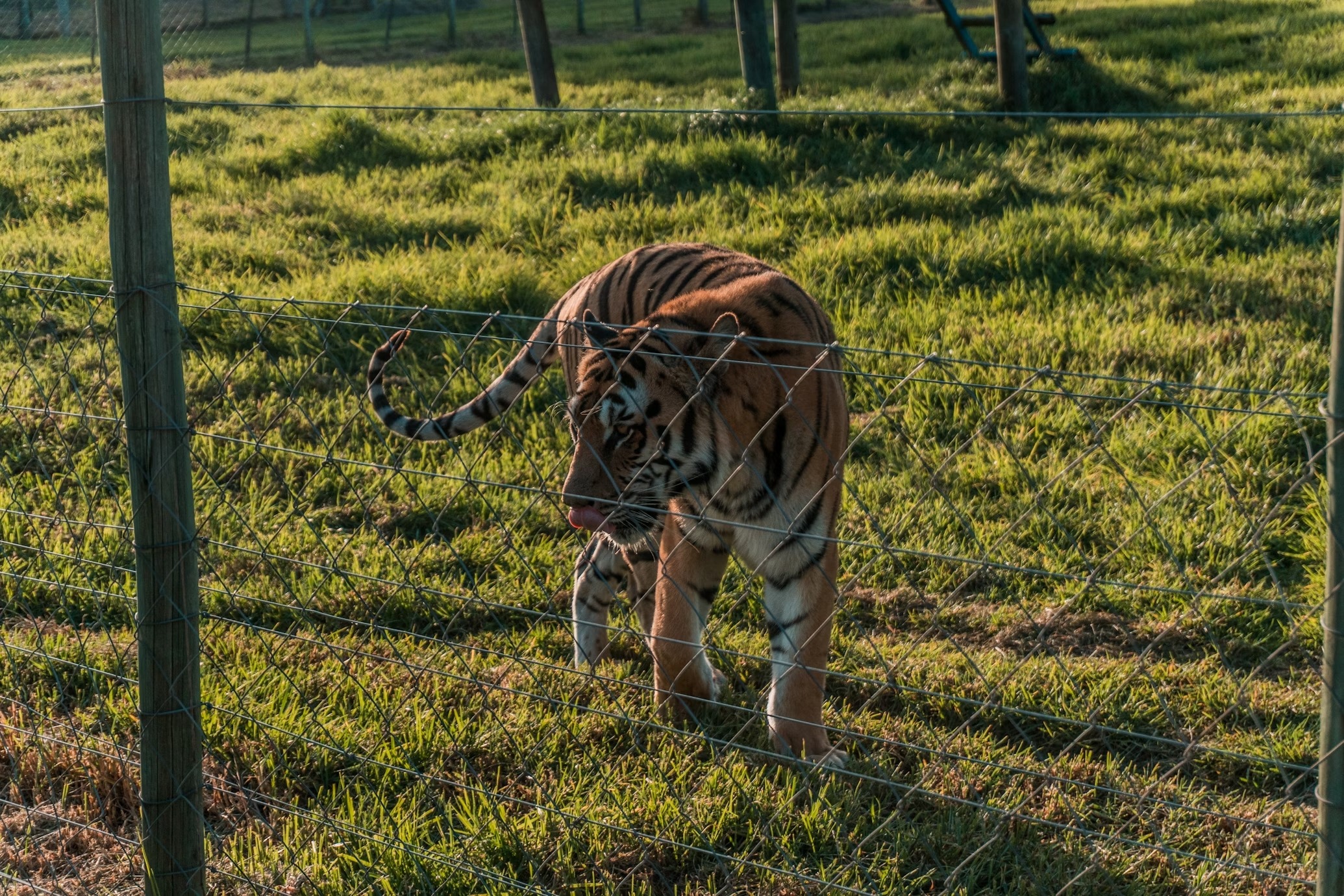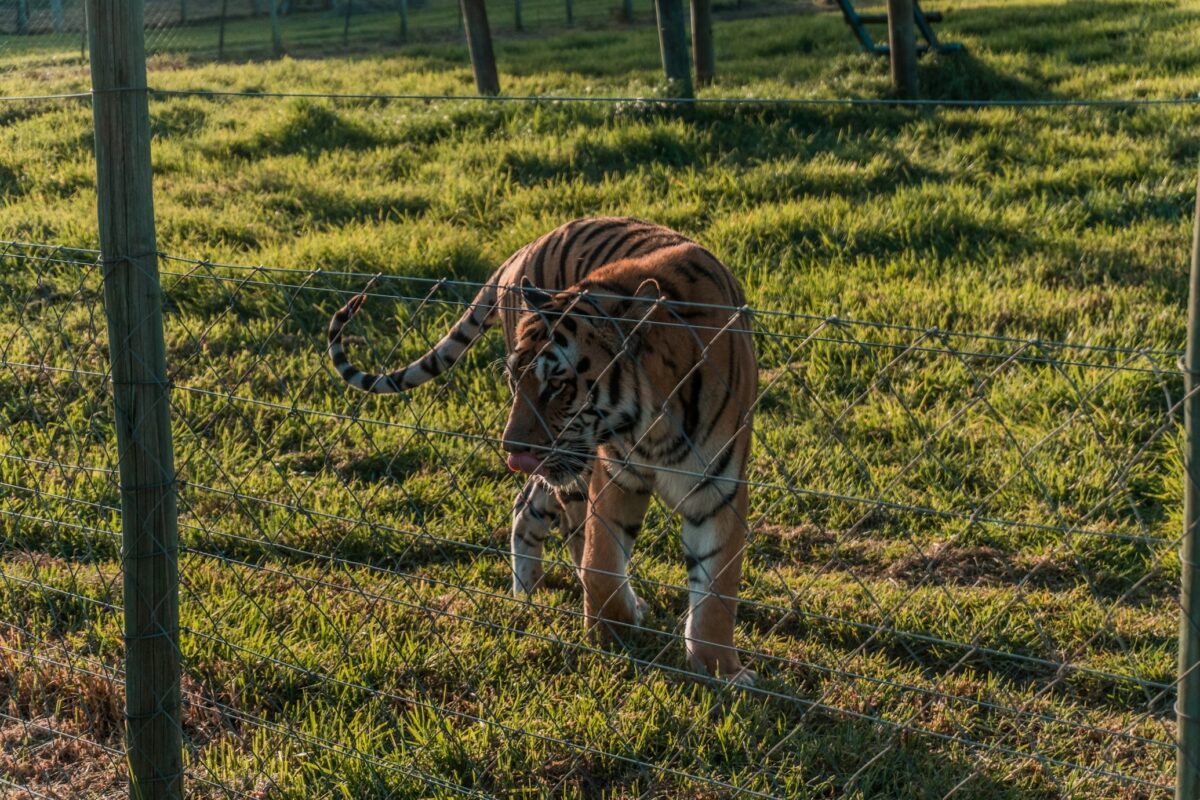South Africa and the Illegal Trade of Tiger Products
A recent report by the global animal welfare organization Four Paws has revealed that South Africa now hosts the most significant number of tiger farms outside of Asia. Alarmingly, some of these facilities are allegedly involved in the illegal trafficking of tiger body parts to countries like China and Vietnam for use in traditional medicine.
Specifically, the Four Paws report indicates 103 facilities in South Africa breeding tigers between 2021 and 2024. Some of these facilities are believed to be breeding tigers to sell their body parts.
The report highlighted three suspected networks involved in the trafficking, with members using social media to advertise and trade tiger bone products, purportedly for use in traditional Chinese and Vietnamese medicine known as “tiger bone wine.”

South Africa now hosts the most significant number of tiger farms outside of Asia. (Photo: Shreekar Lathiya/ Unsplash.com)
According to the International Union for Conservation of Nature (IUCN), tigers are considered endangered. It is estimated that only around 5,574 tigers remain in the wild as of 2021, scattered across 13 Asian countries. Although this number represents a 40% increase compared to 2010, it is still a fraction of the estimated 100,000 individuals a century ago.
The trade-in of live tigers and their body parts has been banned since 1975 under the Convention on International Trade in Endangered Species of Wild Fauna and Flora (CITES). However, “illegal trade remains a major threat to wild tiger populations,” emphasizes the World Wildlife Fund (WWF).
Furthermore, Four Paws reported that lion bones are being illegally exported from South Africa to be sold in Asia as tiger bones, as the country permits lion breeding for commercial purposes. However, this practice has been banned since 2019.
A 2024 government report revealed that South Africa is home to approximately 626 captive tigers. However, the government also noted that regulations on tigers are relatively lax as they are not native to the country. This makes them a “more attractive option” for wildlife traffickers.
In response to this alarming situation, Four Paws has proposed several solutions:
- South Africa should ban all trade in big cats, their parts, and products.
- All commercial tiger breeding facilities should be closed.
- South Africa should develop a plan to phase out the tiger industry entirely by 2030.
- South Africa should fully implement CITES regulations related to tiger conservation.
- South Africa should lead in advocating for the protection of all big cat species by proposing they be granted the same level of protection under CITES.
Source: Four Paws, The Guardian








